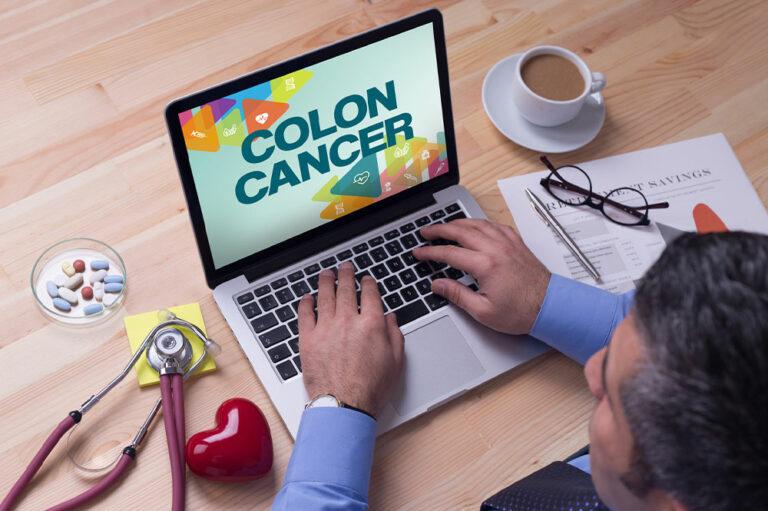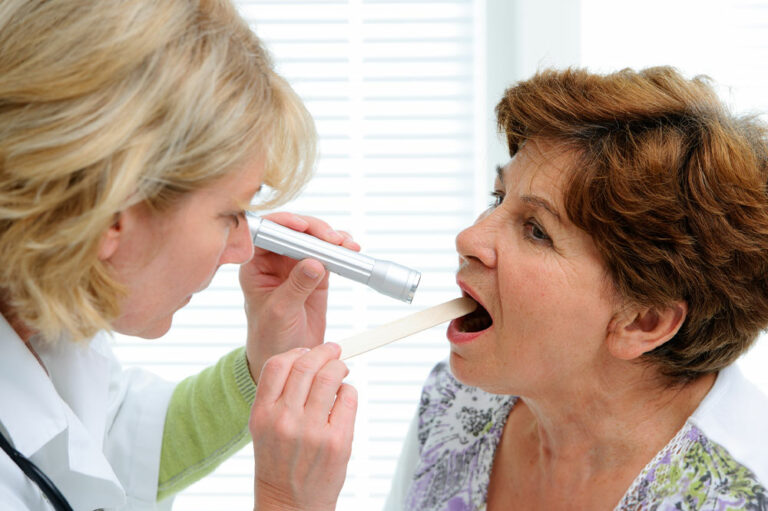
01
9 household products that may harm the lungs
Stocking household essentials is a routine part of most homeowners’ weekly plans. While these items are indispensable to an optimally functioning household, not understanding their potentially harmful effects can cause several health hazards, including pulmonary issues. While buying household products, it is important to understand each product’s constituents and safe consumption practices to prevent them from causing health problems. This article lists household products that may be potentially harmful to one’s lungs if not used right: Household products potentially harmful to the lungs Hand sanitizer Hand sanitizers are highly effective in ensuring clean hands and destroying bacteria and germs, which may cause infections if ingested. However, sanitizers comprise several chemicals, including benzalkonium and methanol, and inhaling these chemicals can cause a host of health hazards, such as lightheadedness, nausea, vomiting, loss of smell, chemical burns in the nasal cavity, and worsening of existing respiratory issues. Bleach spray Bleach spray serves a wide range of household functions, from eliminating mold and mildew from surfaces and fabrics to disinfecting surfaces and removing stains. However, bleach is a harmful chemical that can cause several health problems if not used properly. It is particularly known for increasing susceptibility to chronic obstructive pulmonary disease (COPD) caused by blockage of airflow to the lungs.
Read More 









